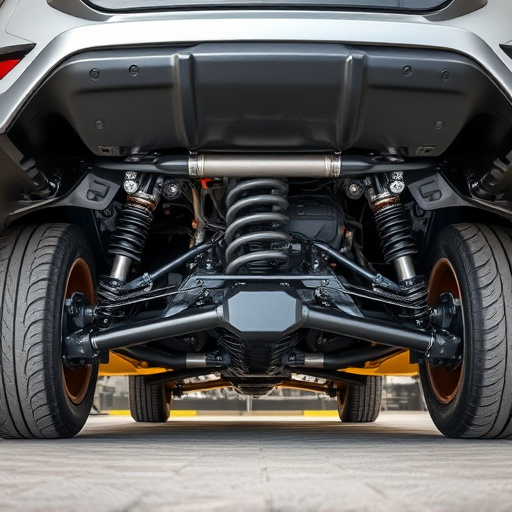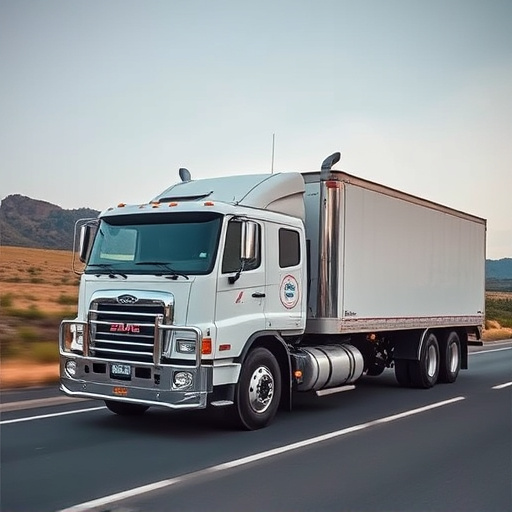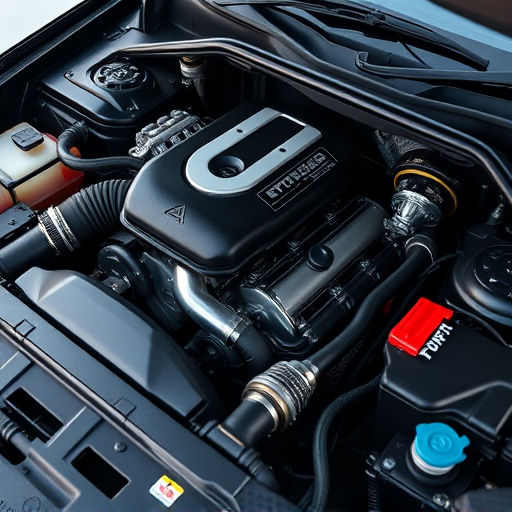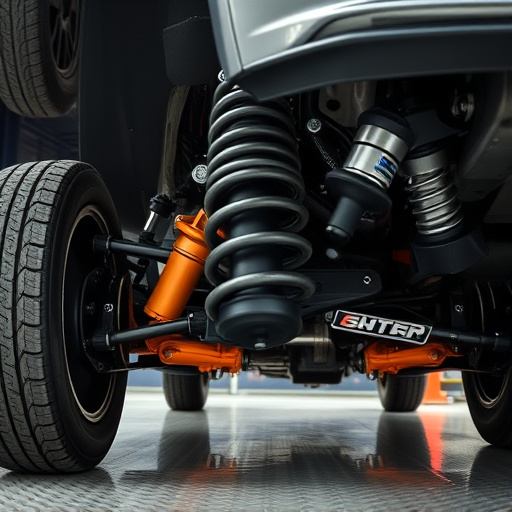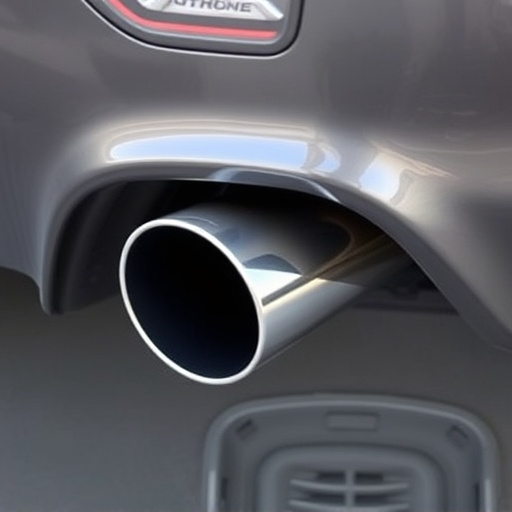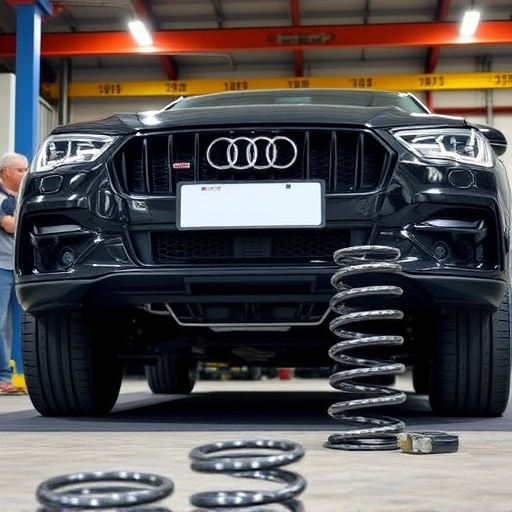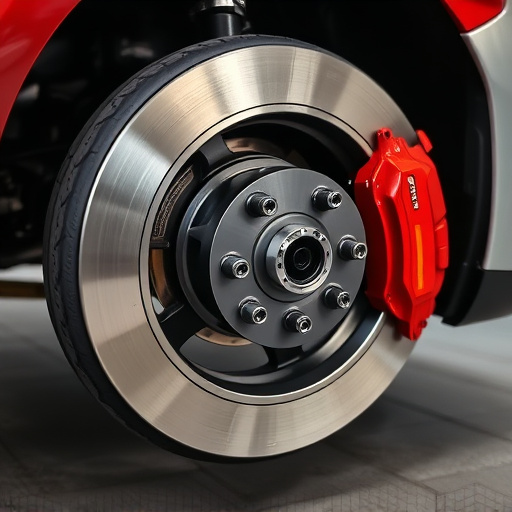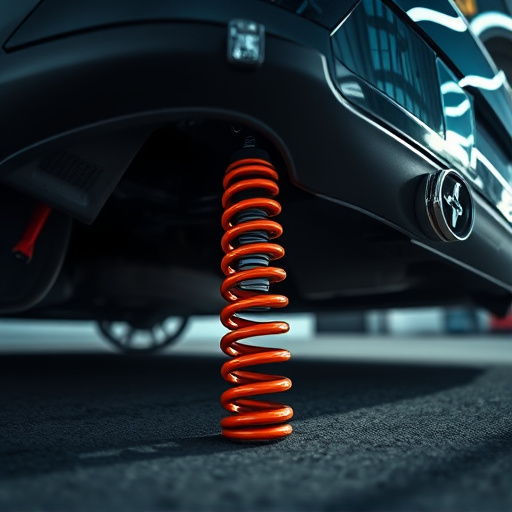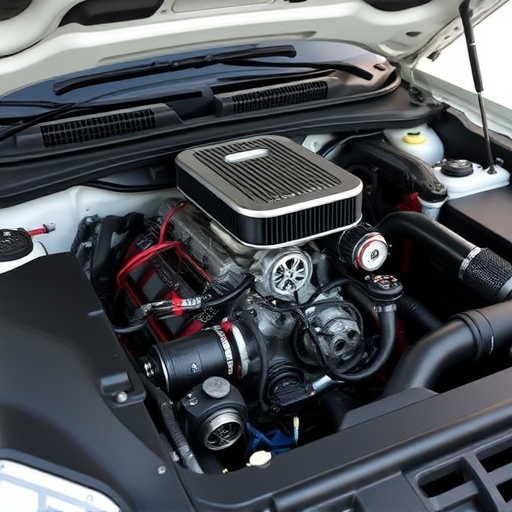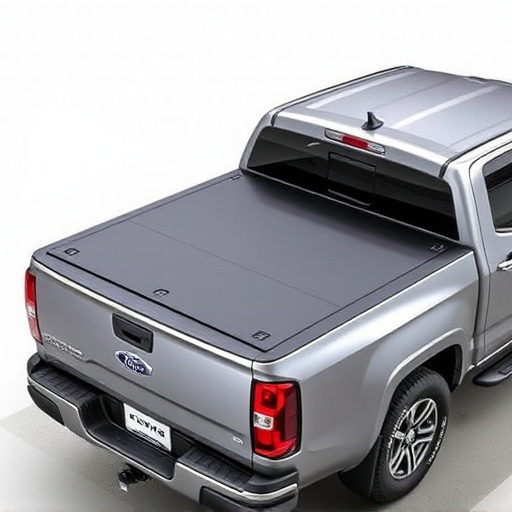Performance air filters enhance vehicle efficiency but vary by make, model, and driving habits. Installation requires compatibility checks and can complement other modifications. Regular cleaning or replacement is vital for optimal airflow, fuel economy, and engine health, preventing debris buildup over time.
“Maximize your vehicle’s performance with a top-tier air filter. However, avoid common pitfalls that can negate its benefits. This article guides you through crucial aspects of performance air filter use, from understanding your vehicle’s needs to proper installation and maintenance. Learn about typical mistakes to steer clear of, ensuring optimal efficiency for better engine health and fuel economy. Discover the secrets to making your high-performance air filter work for you.”
- Understanding Your Vehicle's Air Filter Needs
- Common Mistakes When Installing Performance Filters
- Maintaining and Replacing for Optimal Efficiency
Understanding Your Vehicle's Air Filter Needs
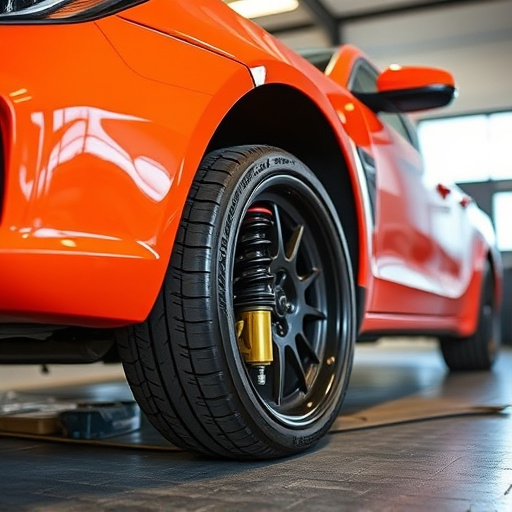
Every vehicle has unique air filter requirements, so understanding your specific needs is crucial for optimal performance. A performance air filter, while offering enhanced efficiency, isn’t a one-size-fits-all solution. Different makes and models have varying engine specifications, which directly impact airflow demands. For instance, high-performance vehicles with powerful engines might require more robust air filters to support their heightened oxygen intake. Conversely, eco-friendly models may necessitate fine mesh filters to prevent air leakage while maintaining fuel efficiency.
Moreover, considering your driving habits is essential. If you frequently traverse rugged terrain or participate in track days, a performance air filter can significantly enhance engine breathability by allowing dirt and debris to be efficiently strained out of the airflow. Conversely, for daily commuters navigating urban traffic, a standard replacement filter might suffice, as it balances efficiency with minimal restriction on smooth air flow – a key factor in maintaining overall vehicle health, especially when coupled with top-tier performance exhaust systems and high-quality exhaust mufflers.
Common Mistakes When Installing Performance Filters

When installing a performance air filter, a common pitfall is overlooking the compatibility with your vehicle’s make and model. Using the wrong size or type can lead to improper fit, affecting airflow and potentially causing damage. It’s crucial to double-check the specifications provided by the manufacturer and consult your vehicle’s owner manual for accurate details. Many enthusiasts also mistakenly assume that simply replacing the air filter is enough. However, a performance air filter works best in conjunction with other modifications like performance exhaust systems and coilover kits. These upgrades should be considered as part of a holistic approach to enhance engine performance, ensuring that each component complements the overall system for optimal results.
Another mistake is not cleaning or replacing the air filter regularly. Over time, debris and dust can accumulate, reducing airflow efficiency. Neglecting timely maintenance can hinder engine performance and potentially lead to premature wear on other parts. Regular cleaning or replacement, as recommended by the manufacturer, ensures that your performance air filter continues to deliver clean, optimal air flow, contributing to better fuel efficiency and engine health.
Maintaining and Replacing for Optimal Efficiency
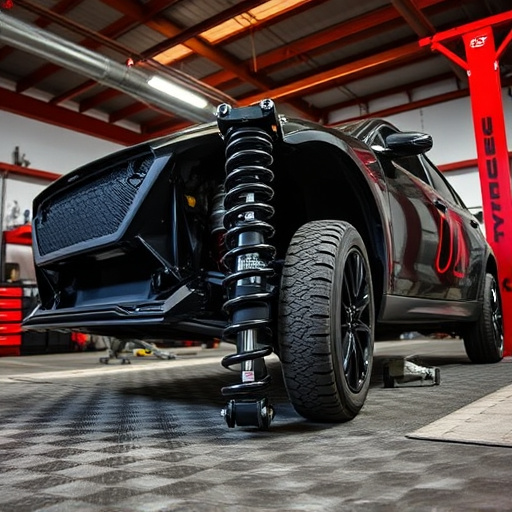
Maintaining and regularly replacing your performance air filter is a critical step to ensure optimal efficiency and continued high-performance capabilities in your vehicle. Air filters accumulate dust, debris, and other contaminants over time, restricting airflow and reducing engine power. A clean, well-maintained air filter allows for unrestricted airflow, maximizing the performance of your high-performance parts, such as coilover kits and performance brakes.
Ignoring filter replacement can lead to a significant drop in engine performance and even cause damage to sensitive components. Regular maintenance ensures that your vehicle’s engine receives a steady supply of clean, filtered air, enhancing overall efficiency and prolonging the lifespan of all related high-performance parts.
A performance air filter can significantly enhance your vehicle’s engine efficiency, but it’s crucial to avoid common mistakes during installation and maintenance. By understanding your vehicle’s specific needs and adhering to proper replacement schedules, you’ll ensure peak performance and maximize the benefits of your upgraded air filter. Remember, optimal airflow is key to a robust engine, so stay vigilant in maintaining your performance air filter for long-lasting results.




